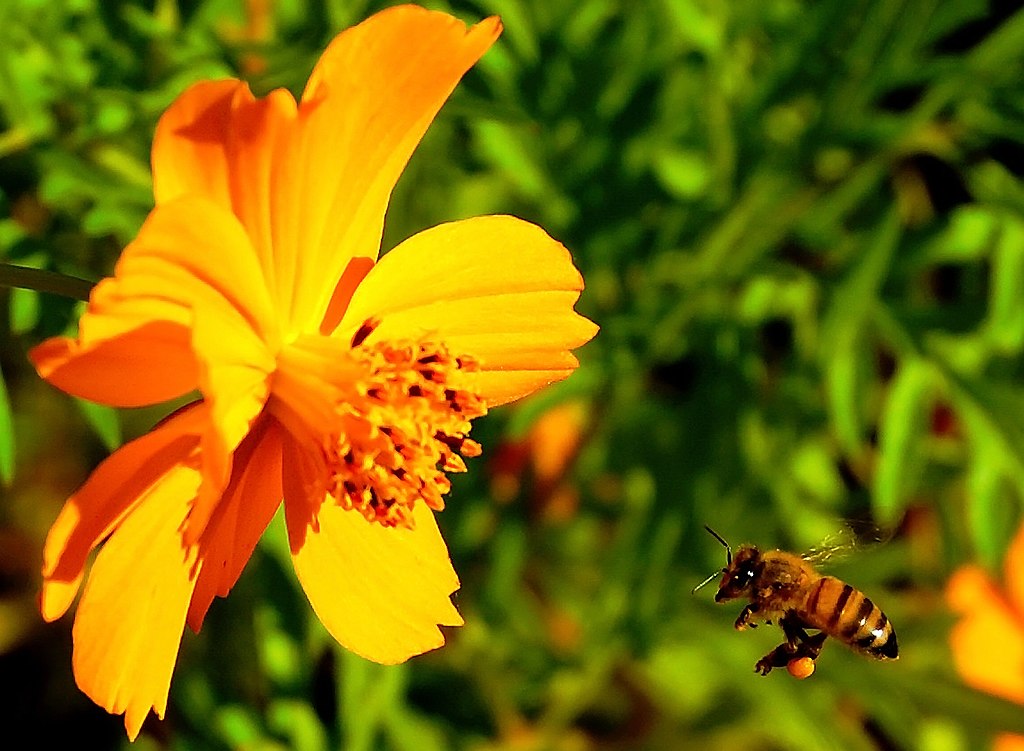Did you know: Today is World Honey Bees Day

Honey bees are the most important pollinator of food crops. Two billion bees are still with us in 2020.
Honey bees are often taken for granted and most don’t realise the pivotal role of nature’s super creatures. However, World Honey Bee Day gives you the perfect opportunity to celebrate the incredible honey bee.
Today is World Honey Bees Day.
The day recognises the bee and the beekeepers tending the hives as two billion bees are still with us in 2020.
Honey bees are the most important pollinator of food crops. Approximately a third of the food we consume daily is mainly reliant on bee pollination. If bees went extinct, we would lose our plants, the animals which eat those plants and it would impact the entire food chain.
ALSO READ | Did you know: 11% of the population is left handed
A world without bees would struggle to feed some seven billion people. Scientists have identified several factors behind the reduction in bee populations, which include global warming, loss of habitat, parasites, disease and bee-deadly insecticides.
Honey bees are managed for both honey production and crop fertilisation.
Bees and other pollinators are so important to the continuation of the world’s ecosystems. Almost 90 percent of wild flowering plants depend on pollination. As do more than 75% of our food harvests and 35 percent of agricultural land.
In addition to this, pollinators are critical to maintaining biodiversity.
If we fail to preserve our pollinators – bees, butterflies, bats, hummingbirds, fruits, nuts and a significant amount of vegetable crops – will be less available.
They will have to be replaced by staples such as rice, corn and potatoes –which will result in health issues due to an imbalanced diet.
READ | Our first digital magazine – and it’s all about home schooling
Starchy foods need to be accompanied by fruit and vegetables. The UN Convention on Biological Diversity, besides researching the decline of pollinators, has recognised the future knock-on effects of the pollination crisis and gives assistance to various countries on queen breeding, artificial insemination and sustainable solutions to honey production and marketing.
In terms of food production, sufficient pollination on small farms with a range of plants can increase crop yields by 24 percent.
Fruits, vegetables and seeds are the highest in micronutrients. They all depend on pollination. The more pollen, the larger and better shaped the fruit and the better the quality and taste.
Have bee-friendly plants in your garden and keep the little buzzing things going.



